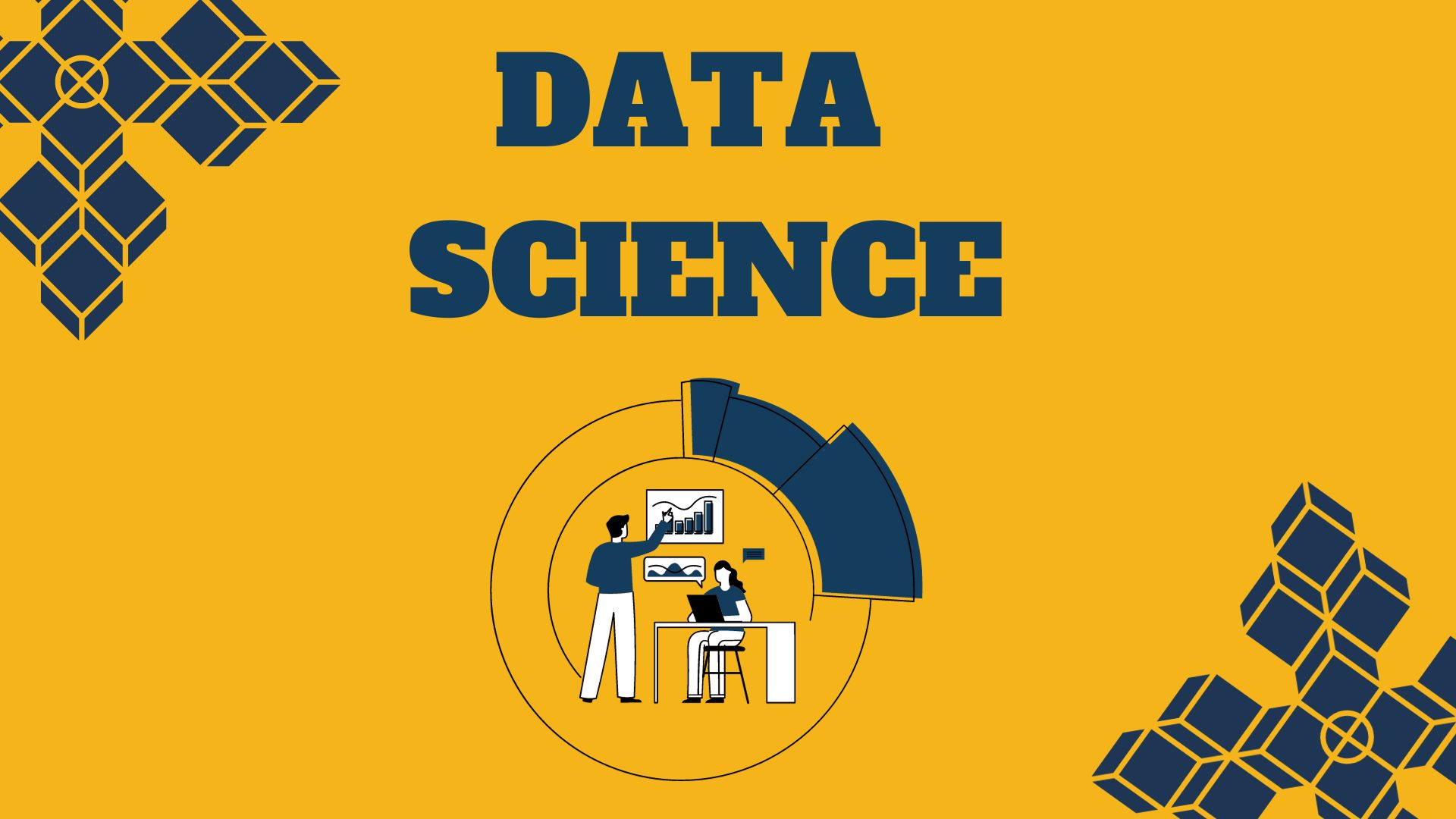Premium
Data Science
LIVE TRAINING + 100% PLACEMENT ASSISTANCE PROGRAM ABOUT THE COURSE This comprehensive data science course is designed to provide students with a solid foundation in the key concepts and tools us...
- All levels
- English

Course Description
LIVE TRAINING + 100% PLACEMENT ASSISTANCE PROGRAM ABOUT THE COURSE This comprehensive data science course is designed to provide students with a solid foundation in the key concepts and tools used in data analysis, machine learning, and artificial intelligence. The course is ideal for students who want to learn the latest techniques and technologies for working with data and applying stati...
LIVE TRAINING + 100% PLACEMENT ASSISTANCE PROGRAM
ABOUT THE COURSE
This comprehensive data science course is designed to provide students with a solid foundation in the key concepts and tools used in data
analysis, machine learning, and artificial intelligence. The course is ideal for students who want to learn the latest techniques and technologies
for working with data and applying statistical analysis to real-world problems.
Throughout the course, students will learn how to use Python and SQL to perform data manipulation and analysis, how to build and apply
machine learning and deep learning algorithms, and how to use popular tools such as Tableau and Power BI to visualize and present data insights.
The course is divided into six modules, each focusing on a different aspect of data science:
Module 1: Python Fundamentals
Module 2: SQL Fundamentals
Module 3: Data Exploration and Visualization with Tableau and Power BI
Module 4: Machine Learning Fundamentals
Module 5: Deep Learning Fundamentals
Module 6: Artificial Intelligence Fundamentals
Each module includes mix of all live sessions to reinforce key concepts and skills, interactive exercises along with live doubt clearing sessions.
Additionally, each module includes live projects and assessments to give students hands-on experience with real-world data science problems.
Upon completion of the course, students will have a solid understanding of the core concepts and tools used in data science and will be equipped with the skills and knowledge needed to work on complex data science projects.
WHY DATA SCIENCE?
Data science is an interdisciplinary field that involves the collection, analysis, interpretation, and presentation of large amounts of data to gain
insights and make informed decisions. It combines various techniques and methods from statistics, mathematics, computer science, and domain knowledge to extract meaningful patterns and knowledge from complex and often unstructured data.
The goal of data science is to discover valuable information and actionable insights from data in order to solve problems, make predictions, optimize processes, and support decision-making. It involves the entire data lifecycle, including data acquisition, data cleaning and preprocessing, exploratory data analysis, modeling and algorithm development, evaluation, and communication of results.
Data science finds applications in various fields, including finance, healthcare, marketing, social sciences, engineering, and many others. It
helps organizations make data-driven decisions, uncover patterns and trends, develop predictive models, optimize processes, and improve overall performance.
Overall, data science is a rapidly growing and evolving field that plays a crucial role in extracting insights and value from the vast amounts of data generated in today's digital age.
See more See lessWhat you’ll learn
- Module 1: Python Fundamentals
- Module 2: SQL Fundamentals
- Module 3: Data Exploration and Visualization with Tableau and Power BI
- Module 4: Machine Learning Fundamentals
- Module 5: Deep Learning Fundamentals
- Module 6: Artificial Intelligence Fundamentals
Curriculum
Frequently Asked Questions
This course includes
- Lectures 100
- Duration 250 Hour
- Month 4 Month
- Language English
- Certificate Yes
Education Provider
More Courses

Data Science
- ₹ 24999

Data Analytics
- ₹ 24999

Full-Stack Web Developmen.
- ₹ 24999
